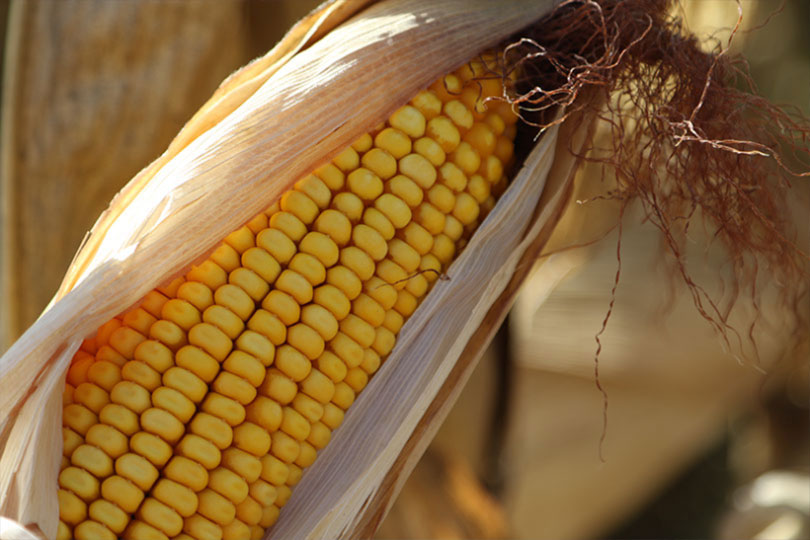Mexico’s government issued a decree to ban genetically modified (GM) and corn by 2024. That would lead to significant economic ramifications for both the U.S. and Mexican economies, resulting in billions of dollars in losses for U.S. farmers and higher food prices for consumers in Mexico, according to a new study.
The study, conducted by World Perspectives Inc., reported that the sudden shift of non-GM corn imports by Mexico would lead to significantly higher non-GM corn prices.
In turn, GM corn prices would fall 10% over three years following the ban, according to the study. This would affect U.S. crop acreage.
“The U.S.-Mexico trading partnership has contributed greatly to the food security and economic vitality of both countries,” National Corn Growers Association President Chris Edgington said. “That’s why we should do everything possible to ensure that the relationship continues in a fair and mutually beneficial way.”
There is a limited amount of non-GM corn suppliers for Mexico. The U.S. and Argentina serve as Mexico’s main suppliers for GM corn. Shipments to Mexico make up nearly 30% of U.S. corn exports and is the largest export market for U.S. corn.
If the proposed ban is implemented, the study found the cost of corn in Mexico would increase by 19%, and tortilla prices would rise by 16% on average. In the first year of the ban, non-GM corn prices would rise 48% to $8.14 per bushel. Mexico would pay an additional $571 million for imported corn.
The study showed that banning all biotech corn could cause Mexico’s GDP to fall by $11.72 billion over 10 years and economic output would decline by $19.39 billion. Mexico’s labor income is projected to reduce by $2.99 billion with an annual loss of 56,958 jobs.
“Like any other North American sector, agriculture must continue to innovate to meet 21st Century challenges. That is why we believe in science-based agricultural policies that improve agricultural production and sustainability,” Juan Cortina Gallardo, president of the National Agricultural Council of Mexico, said.
Food insecurity affects about 10% of Mexico’s population. If the ban is implemented, the percentage of people who do not have access to adequate food is expected to double or triple in the nine poorest Mexican states. The price of corn is the single largest indicator of access to food for Mexicans in the lowest income decile who spend roughly 52% of their funds on food. Under the ban, prices would increase for Mexican customers in corn protein, fiber, oil and thousands of processed foods.
The study also found that Mexico’s livestock production will decline by an annual average of 1.2%. The beef and dairy sector would see output falls of 9% and 8%, respectively. Poultry production would fall by 17% and hog production by 13%.
The study was commissioned by a coalition of food and agricultural industry stakeholders in both Mexico and the U.S. and conducted by World Perspectives Inc.
Mexican officials said the decree would only impact corn for human consumption, but the study takes into account an entire ban on all biotech corn.
View the full report here.

